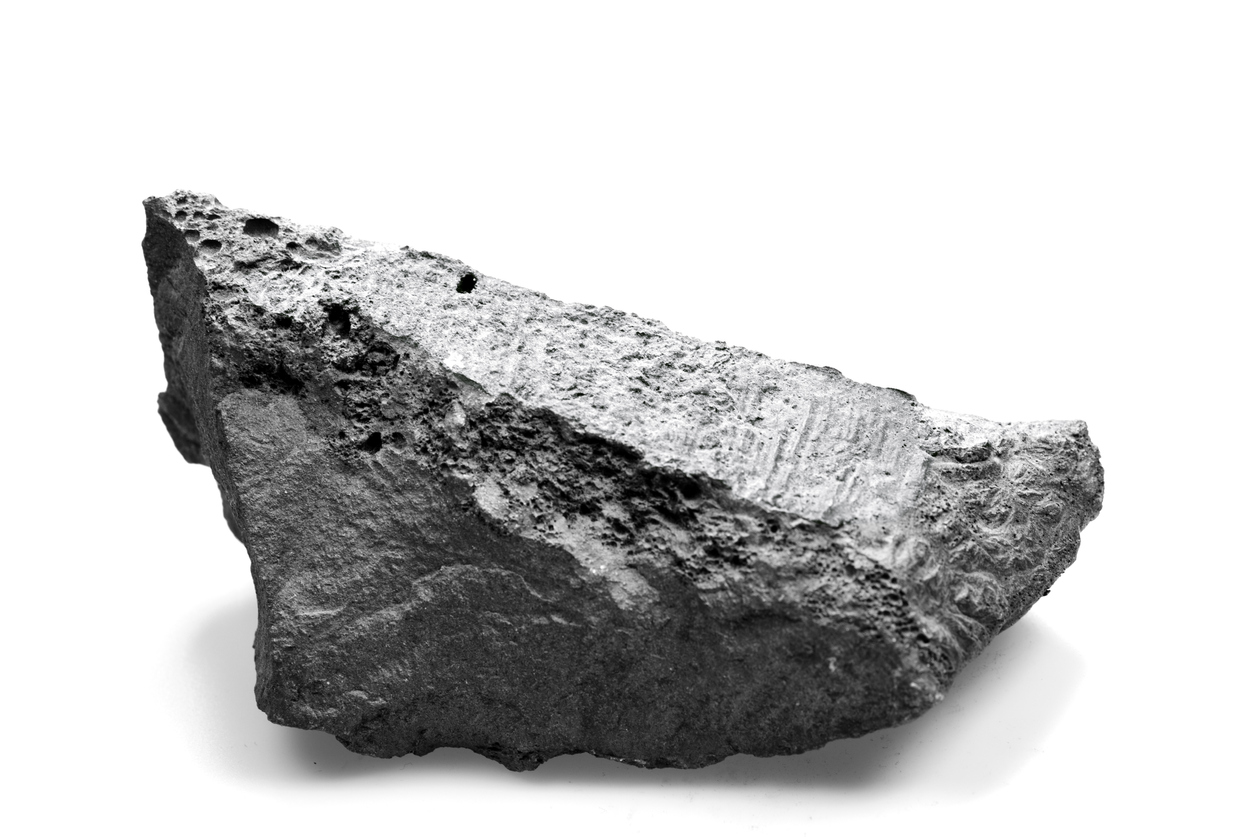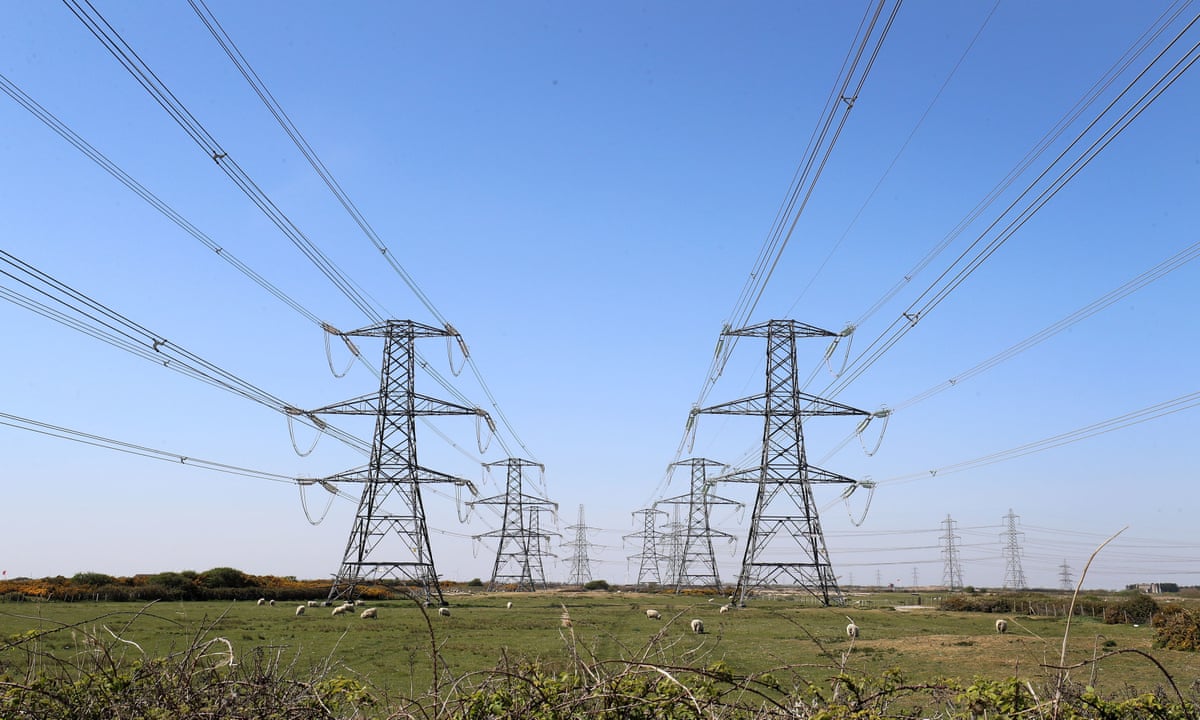How To Export Non-Retail Pure Cotton Yarn From Nigeria for Beginners
How To Export Non-Retail Pure Cotton Yarn From Nigeria for Beginners
For those of you who may not know, Cotton is a shrub in the Malvaceae family. It’s an important textile fiber because it can absorb water and yet still repel dirt well. Natural cotton fiber is used to produce fabrics that have a high level of breathability – perfect for hot climates!
Exporting non-retail pure cotton yarn from Nigeria can be done with a few simple steps. There are two ways to export yarn from Nigeria: through Benin Republic or Cotonou, which each have their advantages and disadvantages. Here, are some steps on how to export non-retail pure cotton yarn from Nigeria for beginners.
The importance of cotton
Cotton is the most important cash crop in the world. It accounts for more than half of all agricultural produce in some countries. It’s grown in 140 countries with the most cotton production in China, India, the United States, and Pakistan.
Cotton is grown everywhere but it’s grown most abundantly in warm climates. The fibers are used to make clothing that is light and breathable. It’s versatile and can be used to make everything from clothes to bedding.
Cotton is also used to make yarn which is then used to make fabric for clothing, bedding, and more. Cotton is perfect for hot climates because it absorbs water well and resists dirt.
It takes a lot of cotton to produce enough yarn to make fabric. The following are some steps on how to export non-retail pure cotton yarn from Nigeria for beginners.
How to export non-retail pure cotton yarn from Nigeria
The first step is to get your yarn into the country. This can be done by shipping it or by flying with your shipment. You will need to contact the Benin Republic embassy in Nigeria before you fly to make arrangements.
After you have your yarn in the country, you will need to put it through customs procedures. This can be done at the airport or through a customs broker.
The next steps are to get an export certificate, which is required for all exports from Benin Republic. You can get this from the Nigerian Export Promotion Council (NEPC) for a fee of 5,000 Naira.
The final step is getting permission from the Ministry of Commerce, who will also want to know that you have an export certificate. They will want to know what you are exporting and how much you are exporting.
Importance of Benin Republic
The Benin Republic is a country in West Africa bordered by Nigeria and Togo. This country is a major destination for cotton and other textile exports from Nigeria. Cotton is a huge export for this country and it’s considered a major part of the Benin Republic’s economy.
In the Benin Republic, cotton is also used to produce high-quality fabric. The cotton is exported from Nigeria to the Benin Republic to be processed into high-quality fabric.
This country has been a major destination for Nigerian exports for a long time because of its location. It’s a great way to export non-retail pure cotton yarn from Nigeria because the distance to travel is shorter and it’s cheaper to transport goods through this country.
Importance of Cotonou
There are two ways to export yarn from Nigeria: through Benin Republic or Cotonou, which each have their advantages and disadvantages.
Benin Republic can be a great way for beginners to export yarn from Nigeria because the customs process is generally easier. Plus, it is closer to Nigeria so you can transport your goods more quickly. The problem is that Benin Republic does not export crafts.
Cotonou is a more appropriate option for exporting crafts because it is the country’s crafts center. It is also the primary port for exports to Europe and the US. The downside? You cannot export yarn from Nigeria through Cotonou without an import license.
Regardless of your experience level, it’s important to know about both Cotonou and Benin Republic when exporting yarn from Nigeria.
What are the advantages and disadvantages of Benin Republic?
Benin Republic is a landlocked country in West Africa that is bordered by Burkina Faso and Niger. It’s the only English-speaking country in the region. There are a few advantages and disadvantages to exporting yarn through Benin Republic.
One of the advantages to exporting through Benin Republic is that you will not need to submit your goods for inspection on re-entry, but there is one disadvantage: if your goods are seized on re-entry, you will not be compensated. There is also a higher cost of shipping and you may need to pay bribes if you’re exporting on a larger scale.
Another advantage is the low tax rate at only 2.5%. The disadvantage is that you will need to submit your goods for inspection on re-entry. You may also need to pay bribes if you’re exporting on a larger scale and there is less infrastructure than in Cotonou if your goods get stuck.
What are the advantages and disadvantages of Cotonou?
Cotonou is the largest city in Benin Republic and it’s an important seaport on the Atlantic coast. There are a few advantages and disadvantages to exporting yarn through Cotonou.
What are the advantages and disadvantages of Cotonou?
One of the advantages of exporting yarn from Nigeria through Cotonou is that it’s more cost-effective.
Another advantage is that Cotonou is closer to Nigeria than Benin Republic, which means you can make your shipment quicker.
However, one of the disadvantages of exporting yarn from Nigeria through Cotonou is that their customs office is not open on Saturdays.
Additionally, there are three times when you can export yarn from Nigeria to Cotonou: when the customs office is open, before noon on Saturdays, or after noon on Saturdays.
If you need to export yarn from Nigeria after noon on Saturdays, then you’ll need to contact the customs office in advance.
The last disadvantage is that the customs office in Cotonou is not open on Sundays.
Hopefully this article has helped you understand the advantages and disadvantages of exporting non-retail pure cotton yarn from Nigeria to Cotonou.
Conclusion
That’s it!
I hope this post has helped you to export non-retail pure cotton yarn from Nigeria for beginners. As always, if you have any questions or comments, please leave them in the comments section below.








LEAVE A COMMENT
You must be logged in to post a comment.